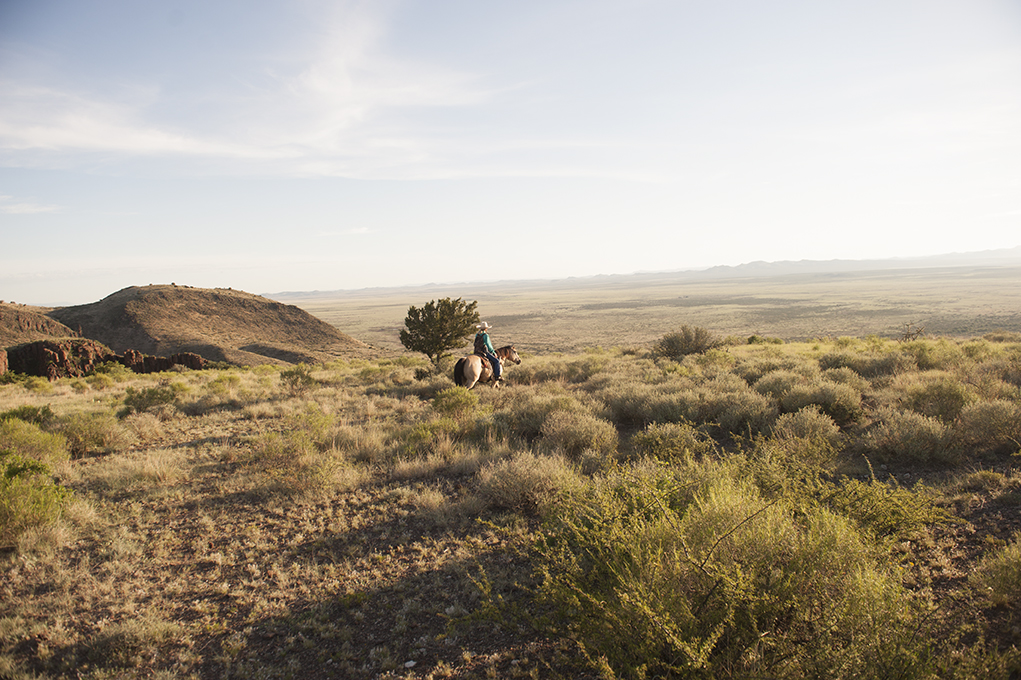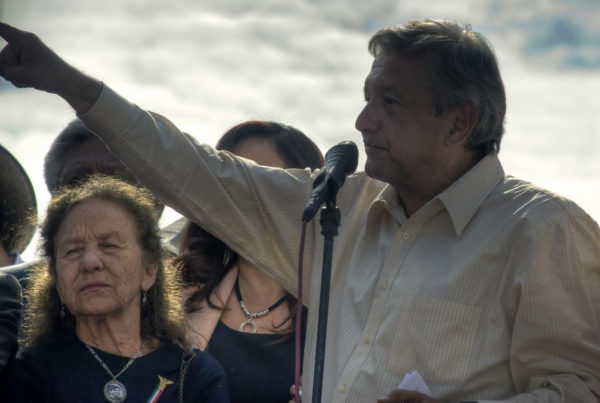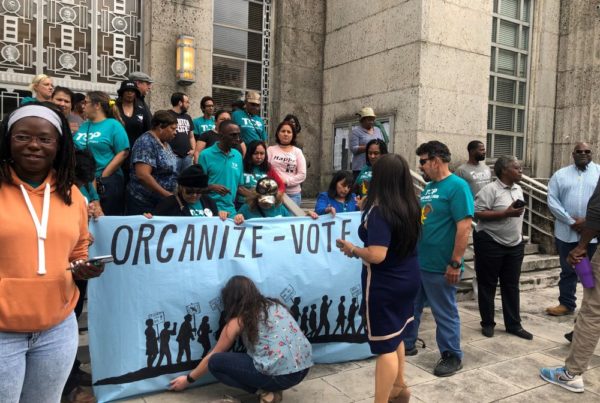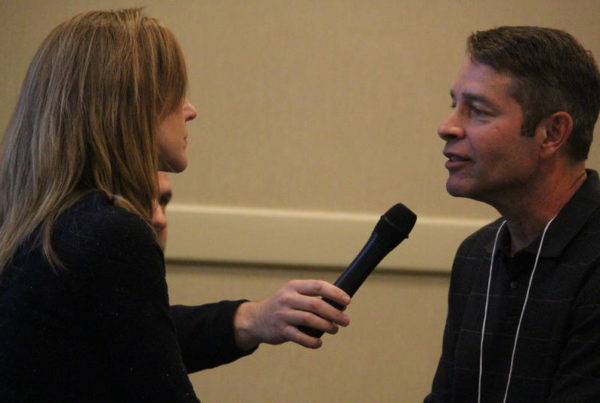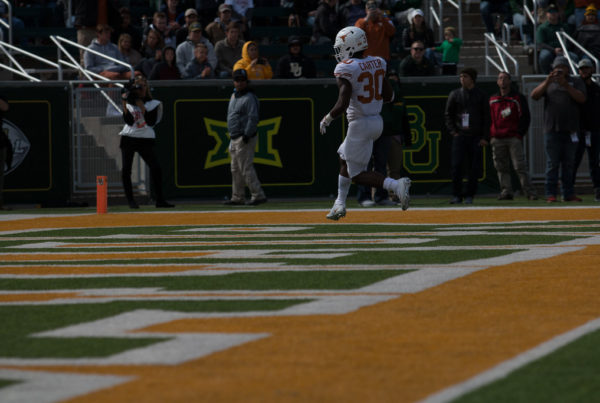Working the land is a fixture of Texas’ rural history and a staple of its modern image. And ranch work has often been considered a masculine domain – the kind of work done by weather-worn cowboys you might find on a 1950s television show, or a cigarette advertisement. But men aren’t the only ones working Texas ranches.
Fort Worth-based author Alyssa Banta ventured across the Lone Star State to document the ranching lifestyle from a new perspective; that of the women who work the land. Banta says the inspiration for her new book, “The Texas Ranch Sisterhood,” came from a sense of Texan pride and a desire to write about women who were both strong and feminine.
“I was looking to see women in action, sort of strong, powerful, feminine, big-stepping women in action,” Banta says.
Banta says that not a lot of women arevdoing ranch work. Still, the handful of women she spoke to meet the physical demands of the job, while managing families and complicated work schedules.
“You gotta figure there’s got to be women out there somewhere,” Banta says. “They’ve got to be out there getting the job done like they do at so many levels in so many other parts of our society. Women just get it done. So when I wandered out there, I started seeing them and then one led to the next, led to the next.”
The ranchers Banta spoke to were immediately welcoming, she says. She soon became friends with many of them, and occasionally they asked her to help them with work. She says her willingness to do so helped her tell their stories.
“They opened up their houses immediately,” Banta says. “I’d turn up on their front porch. I mean it was unbelievable. As one woman said… when she hugged me after not seeing me for awhile, she’s like, ‘We sure do love our people. Us country folk sure do love our people.’”
Banta says even though these ranchers rarely see one other outside of major community events, they are bound by a kind of sisterhood.
“There’s such a bond, it’s so evident,” she says. “They’re glad to see each other, they’re glad to know each other. It’s more basic than we know in the city anymore, we’re so rush, rush – that’s so cliche, but they’re just people, you know? ‘Come on by,’ ‘stop on by,’ ‘let’s share a meal,’ ‘let’s say hello,’ ‘I’ve got to go say hello to so-and-so, I’m going to run by their place,’ and it’s great.”
Having lived in North Texas her whole life, Banta says traveling around to rural areas of the state made her fall in love with Texas even more.
“I was just so glad to see it, so happy to see it, so proud to see it,” Banta says. “Again, living in Fort Worth, you know, it’s just hunker down and grind, grind, grind, and don’t really look up. I was able to look up.”
These female ranchers not only keep up with the job physically –they bring a caring and nurturing attitude to their work and family life, that Banta says all women bring to their careers.
“The boys do it too, the men are out there providing, but the women are putting Band-Aids on their toddlers, you know, on their toddlers knees,” Banta says. “They’re combing their little girl’s knees. They’re doing all that on top of ranching full time. So is it harder? Maybe, but is it okay too? Yeah it’s okay too.”
Banta says she has open invitations, should she want to return the world of ranching again.
“Out in Coleman, at the Hemphill Ranch, I mean those people ride from dark to dark, so they ride before sunrise and put it away after sunset, so I would come back to Fort Worth sore,” Banta says. “So anytime I want to feel that again, I think I’m welcome on any one of these ranches.”
Written by Savana Dunning.


